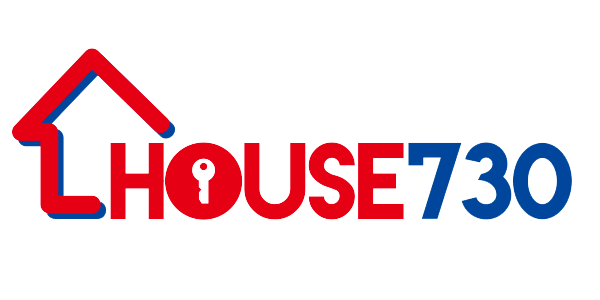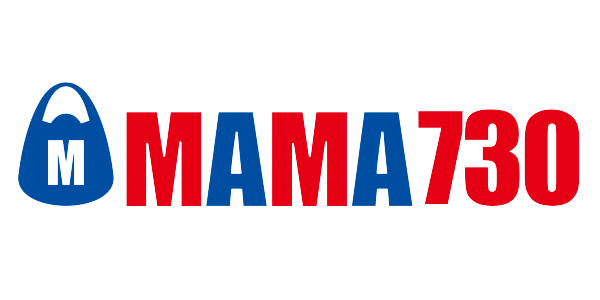
DSE將於本周三放榜。(資料圖片)
N年前,已故的經濟學諾獎得主貝加(Gary Becker)在港大演講,期間提到教育是在人力資本上的投資這個行內幾十年來的共識。當時仍在科大讀本科生的我越洋過海只求一睹大師的風采,然而席間有位科大的師兄(應該是碩士生吧)卻自告奮勇向大師挑機:「我認為『大學溢酬』(college premium)其實只源於沙紙有助僱主篩走低質員工,亦即解決所謂的『資訊不對稱』(information asymmetry),人力資本論其實並不重要。你如何看?」面對挑機,大師面不改容只簡單回應一句:「然則,看來你在大學也沒有學過甚麼吧?」
的確,行內大量研究都指出勞力市場上有所謂的「大學溢酬」:在美國,每多讀一年書,工資會升約一升。同樣重要的是,這個「大學溢酬」更會隨年齡和工作經驗擴大。有人計過,如果把生命周期的所有收入折現,相比起高中畢業,在美國讀大學的回報率每年平均超過15%,是股票投資回報率的一倍有多!
正如大師所言,大學教育是累積人力資本的重要途徑。不過,大師亦曾經指出這並不是增加人力資本的唯一途徑:Schooling, a computer training course, expenditures of medical care, and lectures on the virtues of punctuality and honesty also are capital. That is because they raise earnings, improve health, or add to a person's good habits over much of his lifetime. Therefore, economists regard expenditures on education, training, medical care, and so on as investments in human capital.
換句話說,強身健體、培養良好價值觀以及在職進修等都是增加人力資本和日後收入的方法。隨便在網上找找,我們會發現不少成功人士都沒有升讀或完成大學課程。在本地,香港歷任五名特首中有兩位因各種原因沒有升讀大學;在內地,馬雲則經過數次高考才能入讀大學;在外國,Bill Gates、Steve Jobs和Mark Zuckerberg都是中途輟學,而維珍航空老闆Richard Branson更連中學都未完成。對於升讀大學是否重要,Branson曾經在網誌寫道:University isn't the be-all and end-all, and it's certainly not a prerequisite for business success. I'm not saying that people shouldn't go to university if they want to, but simply calling attention to the benefits of learning from the school of life.
兩日後DSE放榜,我只想對本屆的DSE學生說:DSE同樣並不是be-all and end-all。
作者為維克森林大學經濟系副教授、中文大學亞太研究所經濟研究中心 http://www.facebook.com/economics3.0
逢周一、三、五刊出










